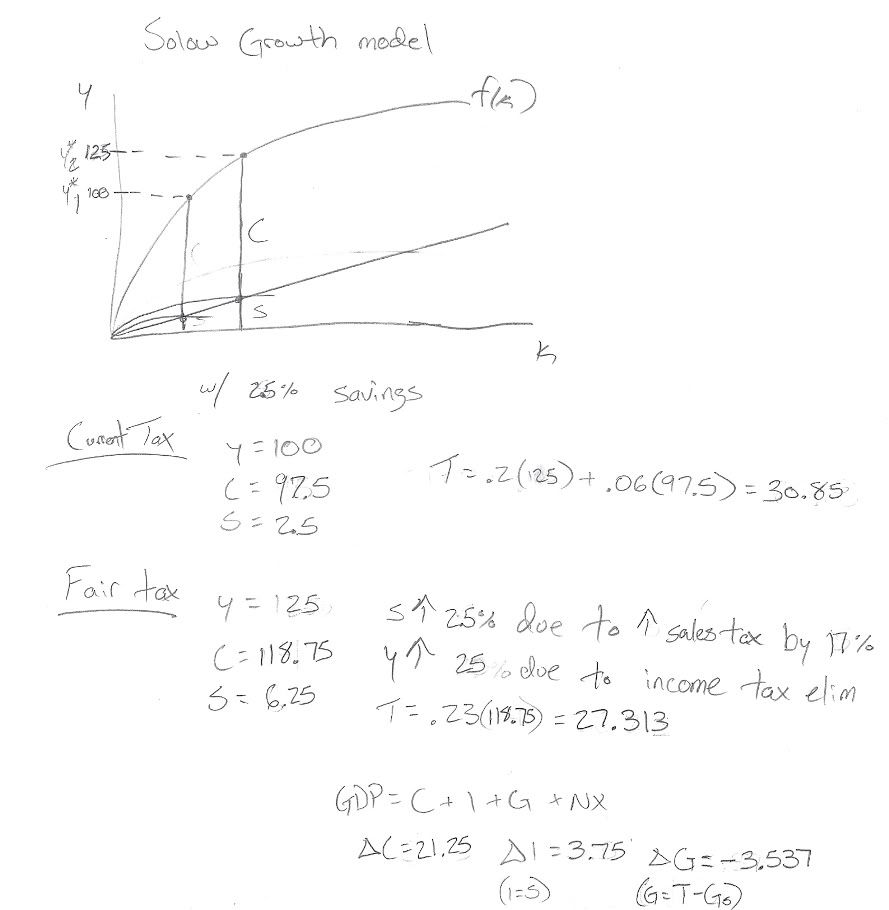Actually no they don't. They have a form of income tax but it is not they same as ours. They also have a type of fair tax based on what you by that ranges from 0-21% depending on the good or service. Thats what I was refering to.Originally Posted by joecoolfreak







 Reply With Quote
Reply With Quote











